Alkeran (Generic) melphalan
$510.00 – $1,500.00
The tablets contain a medicine called melphalan, which belongs to a group of medicines called cytotoxins. It is used to treat certain types of cancer (also called chemotherapy). It works by reducing the number of abnormal cells your body makes.
Table of Contents
ToggleAbout Alkeran
The tablets contain a medicine called melphalan, which belongs to a group of medicines called cytotoxins. It is used to treat certain types of cancer (also called chemotherapy). It works by reducing the number of abnormal cells your body makes.
- The medicine is used for:
- multiple myeloma (plasmocytoma) – a type of cancer that develops from cells in the bone marrow called plasma cells. Plasma cells help fight infections and diseases by producing antibodies
- advanced cancer of the ovaries
- Ask your doctor if you would like further explanation about these conditions.
- If you don’t feel better or even feel worse, contact your doctor
Dosage :
- The medicine should only be prescribed to you by a doctor experienced and specialized in the treatment of cancer.
- The preparation is a cytotoxic agent for use according to the instructions of a doctor experienced in the administration of such agents.
- Always take the medicine exactly as your doctor has told you. It is important that you take the medicine at the right times. The pack tells you how many tablets you should take and how often you should take them. If it is not stated on the pack or you are not sure, ask your doctor, nurse or pharmacist.
- The dose of the medicine depends on the type of problem with your blood or cancer.
- Your doctor may change the dose during your treatment according to your needs.
- Occasionally the dose may be changed in older people or people with kidney problems.
- If you are taking the medicine, your doctor will carry out regular blood tests. This is to check the number of cells in your blood. This may sometimes result in your doctor changing your dose.
- Thromboembolic events
- You should receive thrombosis prophylaxis for at least the first 5 months of treatment, especially if you have other thrombogenic risk factors. Your doctor will decide what action should be taken after carefully reviewing your risk factors.
- If you experience a thromboembolic event, you must inform your doctor immediately as your treatment must be stopped and standard anticoagulation therapy started. Your doctor will decide whether you should restart treatment with melphalan in combination with lenalidomide and prednisone or thalidomide and prednisone or dexamethasone once the thromboembolic event has been treated. You should continue anticoagulation therapy during melphalan treatment.
- Multiple myeloma
- Typically 0.25 mg of melphalan per kg of your body weight in combination with prednisone for 4 days. As a rule, the preparation is used together with prednisone with breaks in therapy in between.
- Advanced ovarian tumors
- Typically 0.2 mg melphalan per kg body weight daily for 5 days. This treatment is repeated every 4 to 8 weeks or as soon as the blood counts have improved.
- Elderly patients
- The medicine is often used at usual dosages in older patients. However, there is no specific experience with this age group.
- Patients with impaired kidney function
- A general reduction in dose is not recommended. However, treatment should be started at a reduced dose; As a guide, a 50% dose reduction can be considered usual when administered intravenously in the event of a moderate reduction in renal function.
- In patients with impaired kidney function, urea levels in the blood may temporarily increase during treatment with this medicine, possibly leading to bone marrow damage and thus reduced blood cell production. The urea levels in the blood must therefore be carefully monitored.
- If you have taken more than you should
- If you have taken more tablets than you should, please tell your doctor straight away or go straight to a hospital. Take the medicine pack with you.
- If you forget to take it
- Tell your doctor this. Do not take a double dose if you forget to take the previous dose.
- If you stop taking it
- Unauthorized changes to the dosage endanger the success of the therapy. Therefore, do not stop taking the medicine without consulting your doctor first!
- If you have any further questions about using the medicine, ask your doctor or pharmacist.
Way :
- Take your tablets whole with a glass of water.
- Do not break, bite or chew the tablets.
Side effects :
- Like all medicines, this preparation can cause side effects, although not everyone gets them.
- If you experience any of the following side effects, talk to your specialist or go straight to hospital:
- An allergic reaction. The signs can be the following:
- Rash, lump or hives of the skin
- Swelling of the face, eyelids or lips
- sudden wheezing and chest tightness
- Collapse (due to cardiac arrest)
- Any sign of fever or infection (sore throat, sore mouth, or problems urinating).
- Any unexpected bruise or bleeding, or feeling extremely tired, dizzy or short of breath, as this could mean that too few of a certain type of blood cells are being made.
- If you suddenly feel unwell (even at normal body temperature).
- An allergic reaction. The signs can be the following:
- Talk to your doctor if you have any of the following side effects, which may also occur with this medicine:
- Very common side effects (affects more than 1 in 10 patients)
- Decrease in the number of blood cells and platelets,
- Feeling sick (nausea), sick (vomiting) and diarrhea,
- Mouth ulcers with high dosage of the drug,
- hair loss with high dosage of the drug,
- In women: absence of monthly menstruation (amenorrhea).
- Common side effects (affects less than 1 in 10 people)
- leukemia – blood cancer,
- Hair loss with conventional dosage of the drug,
- high levels of a chemical called urea in the blood, in people with kidney problems who are being treated for myeloma.
- Uncommon side effects (affects less than 1 in 100 people)
- Rash or itchy skin.
- Rare side effects (affects less than 1 in 1,000 people)
- A condition in which you have a low number of red blood cells because they are destroyed prematurely. This may cause you to feel very tired, breathless and dizzy, get a headache or your skin or eyes turn yellow,
- Lung problems that may make you cough or wheeze and have difficulty breathing,
- mouth ulcers with conventional dosage of the drug,
- Liver problems that may show up in your blood tests or cause jaundice (yellow discoloration of the whites of the eyes and skin).
- Unknown (frequency cannot be estimated from available data)
- In men: absence of sperm in semen (azoospermia).
- Deep vein thrombosis (formation of a blood clot (thrombus) in a deep vein, mainly in the legs) and pulmonary embolism (a blockage of the main artery of the lung or its branches by a blood clot that breaks away and travels to the lungs)
- Very common side effects (affects more than 1 in 10 patients)
- If any of the side effects worsen or you notice any side effects not listed, please tell your doctor or pharmacist.
- If you notice any side effects, contact your doctor or nurse. This also applies to side effects that are not specified.
Interactions :
- When taken together with other medicines
- Tell your doctor if you are taking or have recently taken any other medicines, even if they are taken without a prescription. This also applies to herbal medicines.
- In particular, you should talk to your doctor if you receive or take:
- Live vaccines (see Warnings and Precautions),
- nalidixic acid (an antibiotic used to treat urinary tract infections),
- Ciclosporin (used to prevent organ or tissue rejection after a transplant or to treat certain skin conditions such as psoriasis and eczema, and to treat rheumatoid arthritis)
- Cimetidine (a medicine used to treat gastrointestinal ulcers).
- in children, busulfan (anti-cancer agent).
Contraindications :
- The medicine must not be taken
- if you are allergic to melphalan or any of the other ingredients of this medicine.
- if you are breastfeeding.
- If you are not sure, talk to your doctor or pharmacist before taking the product.
Pregnancy and breast feeding period :
- If you are pregnant or breast-feeding, think you may be pregnant or are planning to have a baby, ask your doctor for advice before taking this medicine.
- Do not take the medicine if you are planning to have a child. This applies to both men and women.
- pregnancy
- Reliable contraceptive measures must be taken to avoid pregnancy while you or your partner are taking these tablets. If you are already pregnant, it is important that you speak to your doctor before taking the product
- lactation
- Do not breast-feed while taking this medicine. Ask your doctor for advice.
- Fertility/childbearing capacity
- The drug can affect the ovaries and sperm. This can lead to infertility (inability to have a child). Women may miss monthly periods (amenorrhea) and men may experience a complete absence of sperm (azoospermia). Due to the possibility of missing sperm as a result of melphalan treatment, men are advised to seek advice regarding sperm preservation before starting treatment. It is recommended that men receiving treatment with the medicine not father a child during treatment and for up to 6 months afterwards.
Patient information :
- Warnings and Precautions
- Please talk to your doctor or nurse before taking this medicine if:
- you are now receiving or have recently received radiotherapy or chemotherapy,
- you have kidney problems,
- You are about to receive a vaccination or have recently been vaccinated. This is because some vaccinations (such as polio, measles, mumps and rubella) may cause you to become infected if you receive them while you are taking the medicine.
- You or your partner are planning to become pregnant.
- You are using a combined oral contraceptive (pill). Under such therapy, patients with multiple myeloma are expected to have an increased risk of venous thromboembolism. If you are currently using such a combined oral contraceptive, you should switch to another reliable contraceptive method, such as a progestogen-only preparation such as desogestrel-containing tablets, or a barrier method. The risk of venous thromboembolism persists for 4-6 weeks after discontinuation of a combined oral contraceptive.
- The product may increase the risk of developing other types of cancer (e.g. secondary solid tumors) in a small number of patients, particularly when used in combination with lenalidomide, thalidomide and prednisone. If you are prescribed the medicine, your doctor should carefully consider the benefits and risks.
- If you are not sure whether any of these apply to you, please talk to your doctor or nurse before taking this medicine.
- Children
- Do not give this medicine to children unless your doctor directs you to do so.
- Elderly people and patients with kidney dysfunction
- See “Dosage” category
- Please talk to your doctor or nurse before taking this medicine if:
- Ability to drive and use machines
- No studies have been conducted on the effect of the medicine on the ability to drive or use machines.
| Tablet | 30 tabs (2 mg), 90 tabs (2 mg) |
|---|
Be the first to review “Alkeran (Generic) melphalan” Cancel reply
Related products
Uncategorized
$520.00 – $1,600.00
Uncategorized
$190.00 – $350.00
Uncategorized
$750.00
Uncategorized
$195.00 – $340.00
Uncategorized
$240.00 – $970.00
Uncategorized
$9,540.00 – $28,540.00
Uncategorized
$190.00 – $350.00
Uncategorized
$190.00 – $300.00
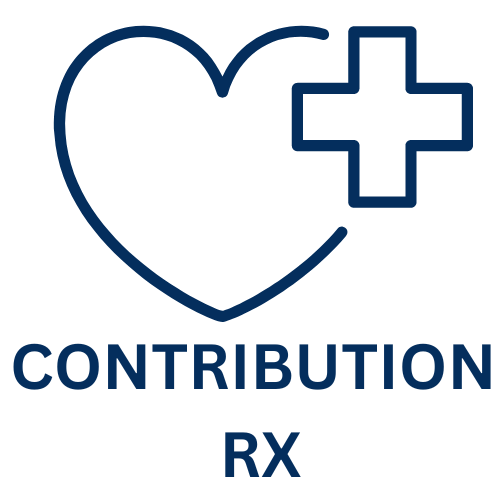
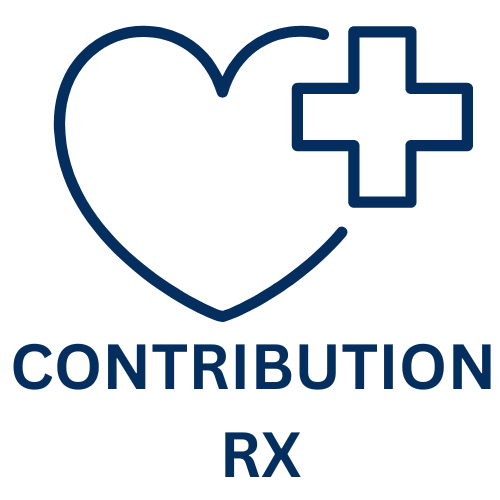
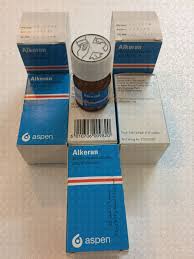
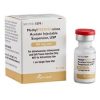
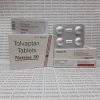
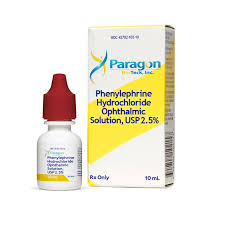
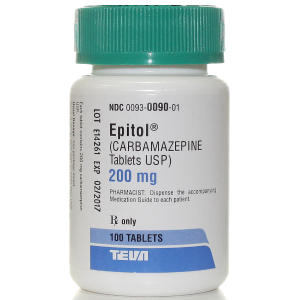
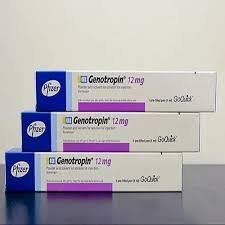
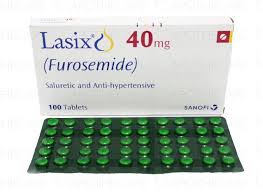
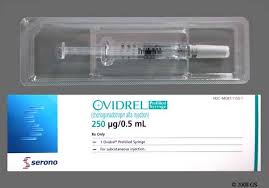
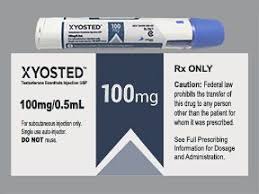
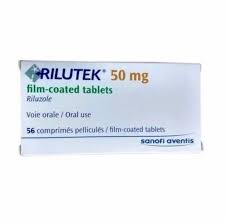
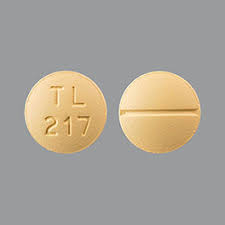
Reviews
There are no reviews yet.